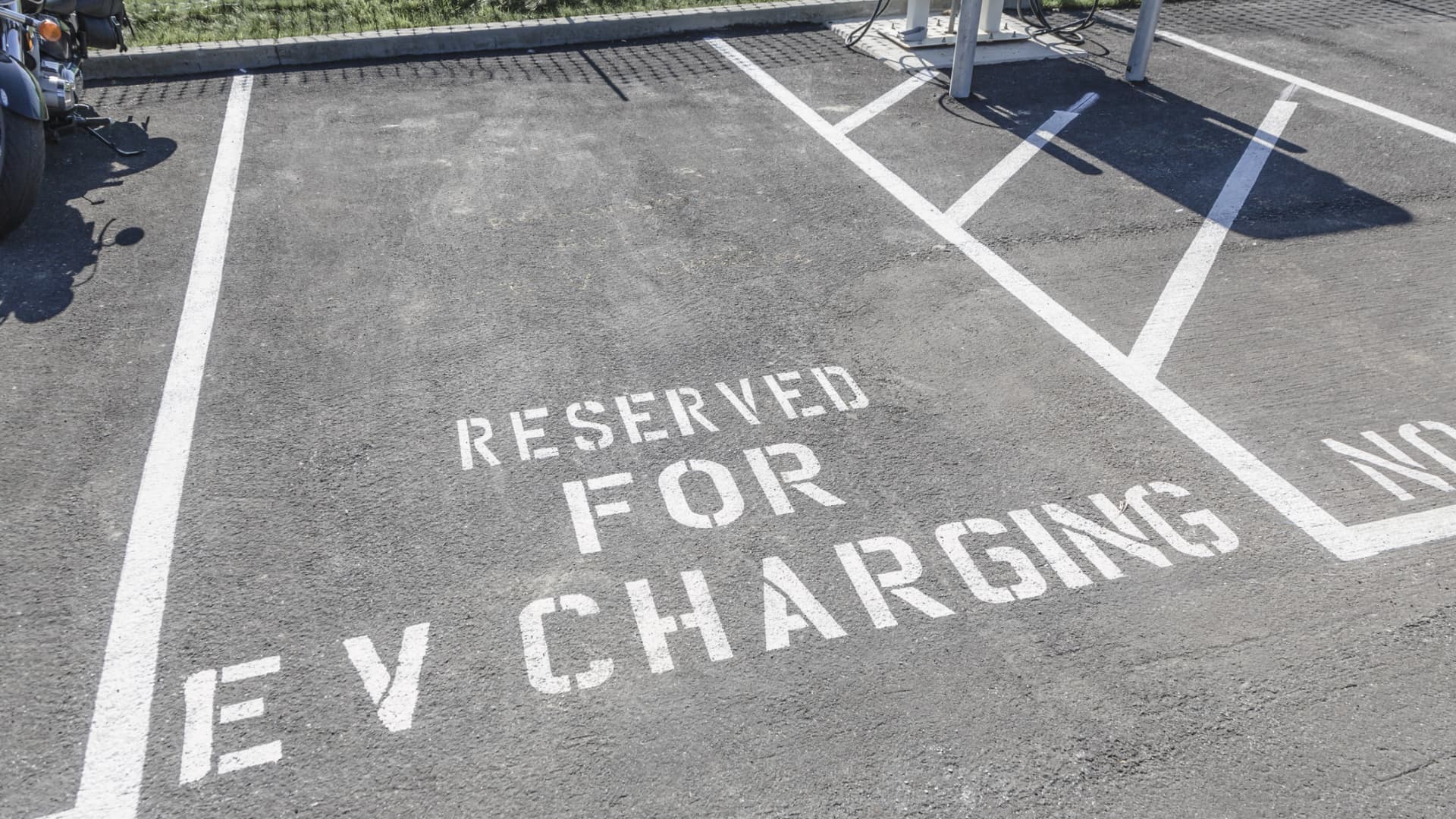A federal tax break that’s available to car buyers for going electric may work differently starting next year.
Under the Inflation Reduction Act — which received Senate approval on Sunday and is expected to clear the House this week — a tax credit worth up to $7,500 for buyers of new all-electric cars and hybrid plug-ins would be extended through 2032. The bill would also create a separate tax credit worth a maximum $4,000 for used versions of these vehicles.
Yet the measure also would usher in new limits to both who can qualify for the credit and which vehicles are eligible for it.
The tax credit has ‘price and income restrictions’
“First, in order to qualify, there are price and income restrictions,” said Seth Goldstein, a senior equity analyst at Morningstar.
For new vehicles, the manufacturer’s suggested retail price for sedans would need to be below $55,000 to be eligible for the tax credit. For SUVs, trucks and vans, that price cap would be $80,000.
Additionally, the credit would be unavailable to single tax filers with modified adjusted gross income above $150,000. For married couples filing jointly, that income limit would be $300,000, and for individuals who file as head of household, $225,000.
“What we’ve seen is that many [electric vehicles] are luxury autos,” Goldstein said. “And buyers of those are in higher income brackets, so that limits right away the ability to qualify for the tax credit.”
For used electric vehicles to qualify, the car would need to be at least two model years old, among other restrictions. The credit would be worth either $4,000 or 30% of the auto’s price — whichever is less — and the price cap would be $25,000.
Those purchases also would come with income caps: Individual tax filers with income above $75,000 would be ineligible for the credit. That cap would be $150,000 for joint filers and $112,500 for heads of household.
More from Personal Finance:
How to know if you’re affected by Equifax credit score errors
30 companies that help employees pay off their student loans
Climate change is making some homes too costly to insure
Another determining factor for whether a vehicle would qualify for a full or partial credit (or neither) include a requirement that the final assembly of the car would need to be in North America. Additional qualifiers include limitations on where key materials for batteries can come from and a mandate that a specified portion of battery components must be manufactured or assembled in North America.
“It’s designed to encourage domestic production in North America,” said Scott Cockerham, an attorney and partner at Orrick.
Many electric vehicles may not qualify for the credit
However, it could be difficult for cars to qualify, he said, depending on where they source their materials and where they complete the manufacturing process. The Alliance for Automotive Innovation has warned that many electric vehicles will be ineligible for the credit right off the bat.
Additionally, another change in the legislation would allow a car buyer who qualifies for the tax credit to transfer it to the dealership, which could then lower the price of the car.
Meanwhile, another modification included in the bill is good news for some electric vehicle manufacturers.
Basically, the existing $7,500 credit was authorized in 2008 and 2009 legislation with the intention of spurring adoption of electric cars. Part of that included a phase-out of the tax credit once a manufacturer reached 200,000 of the vehicles sold.
Tesla hit that threshold in 2018, which means their electric cars currently do not qualify for the tax credit. General Motors is in the same position. Toyota (including its Lexus brand) also has now crossed that threshold, and its electric cars are scheduled to be ineligible for the tax credit after a phaseout of it ends in September 2023.
The congressional measure would eliminate that 200,000 sales cap, making their electric cars again eligible for the credit — at least based on that sales-threshold removal.
